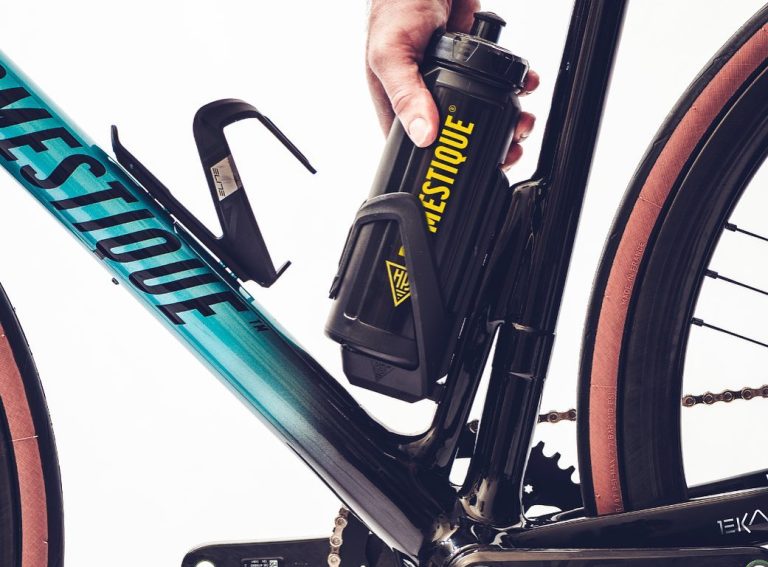AI-controlled traffic lights will give priority to cyclists as they approach crossings to reduce waiting times.
Smart sensor technology is being tested in the UK which triggers traffic lights to turn green quicker for cyclists.
Developed by transport technology company VivaCity, AI-controlled sensors installed at a toucan crossing can detect cyclists up to 30 metres away and cause traffic lights to turn red for motorists.
The trial scheme, which is taking place in the town of Solihull, aims for the AI sensors to give cyclists “uninterrupted” journeys on their bikes and make busy crossings safer for cyclists and pedestrians.
“We want to encourage safe, active travel and see the number of cyclists and pedestrians increase. To do so, we need to prioritise cyclists and pedestrians in certain locations across the borough,” Solihull Council’s Cabinet Member for Environment and Infrastructure, Councillor Ken Hawkins, told Zag Daily.
“Innovations in traffic signal technology often go under the radar but these latest cycle sensors will help cyclists travel much more efficiently and encourage them to use cycle paths,” a Solihull Council Spokesperson added. “The trial has several objectives but principally, we need to understand if the equipment performs as expected in all weather conditions.”
The trial, which is being conducted by Transport for West Midlands and Solihull Council, entails VivaCity’s sensors installed on Solihull’s A34 Stratford Road near Blythe Valley, where a cycle lane crosses a dual carriageway.
Using intelligent video analytics and advanced algorithms, the sensors can anonymously classify users approaching the crossing, and avoid false detections which could disrupt traffic flow.
The Council does not anticipate an increase in congestion as traffic signals will dynamically amend their timings as the volume of vehicles increases or decreases.
“It’s not about bashing drivers or implementing this at the expense of other road users,” Councillor Hawkins said. “If people are crossing the roads anyway, there shouldn’t be any delay for drivers because they’re already stopping to let people cross.
“Rather than crossing in dribs and drabs, if cyclists can cross more easily then it creates a smoother journey for drivers and everyone involved. Roads are for all and this is about helping pedestrians and cyclists with their journeys to increase the number of people travelling actively.”
The trial is expected to last five years. During that time, data such as traffic delays will be collected to serve as a model for future projects in the West Midlands.



